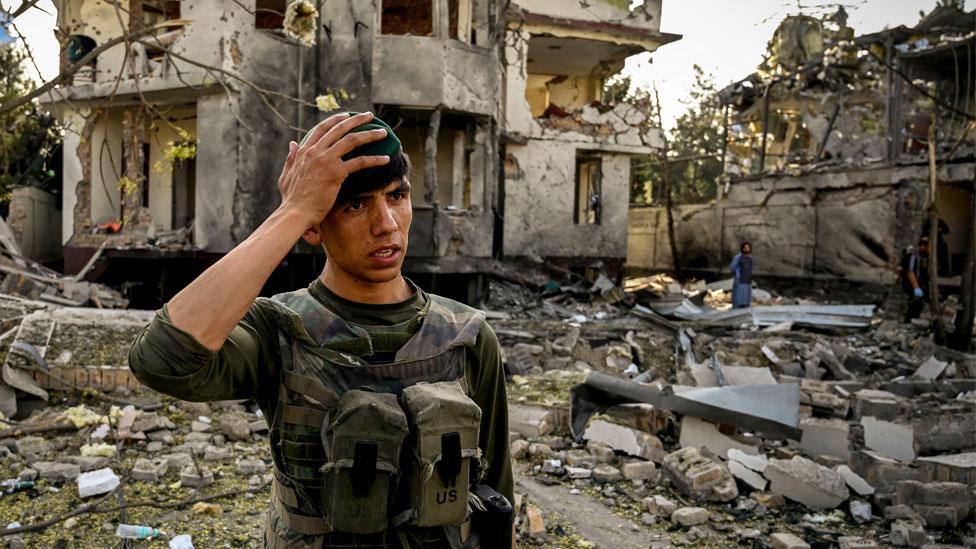US lifts Trump-era sanctions against ICC prosecutor
- Published
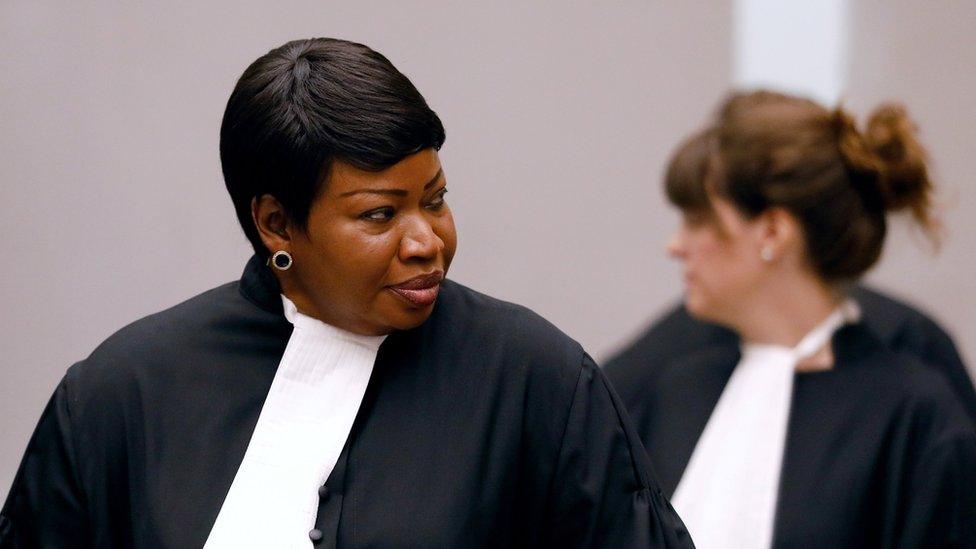
The sanctions against Fatou Bensouda were announced after she launched an investigation into alleged war crimes in Afghanistan
The US has lifted sanctions on the International Criminal Court (ICC) top prosecutor Fatou Bensouda.
The sanctions were imposed under former President Donald Trump over the court's investigation's into alleged war crimes by the US in Afghanistan, and US ally Israel in the Palestinian territories.
Announcing the move, US Secretary of State Antony Blinken said the sanctions "were inappropriate and ineffective" and called for closer co-operation.
The US is not a member of the ICC.
The US has also removed Phakiso Mochochoko, head of the ICC's Jurisdiction, Complementarity and Cooperation Division, from the Specially Designated Nationals list, and has terminated a separate 2019 policy on visa restrictions on specific ICC personnel.
Mr Blinken said in a statement that Washington continued to "disagree strongly with the ICC's actions relating to the Afghanistan and Palestinian situations", and that it objected to the ICC's "efforts to assert jurisdiction over personnel of non-States Parties such as the United States and Israel".
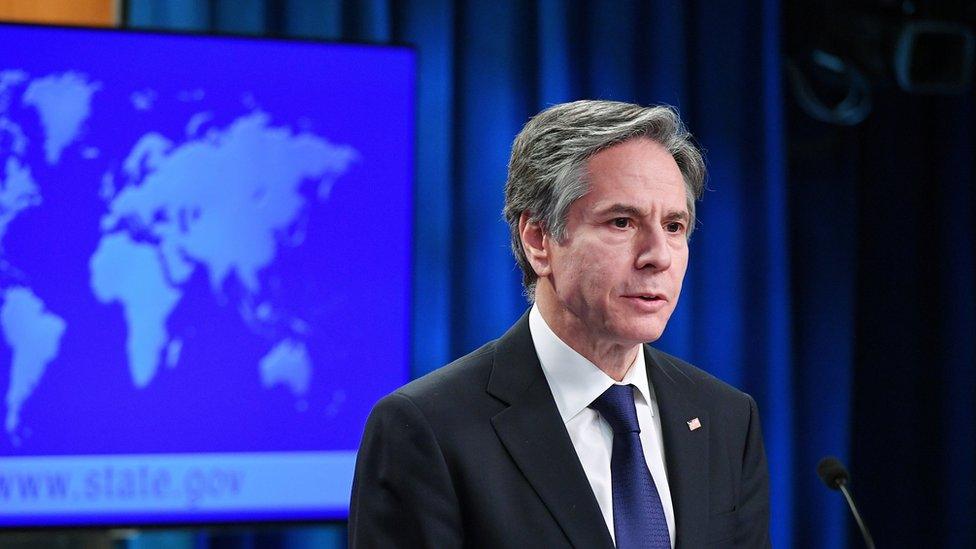
US Secretary of State Antony Blinken called for greater co-operation between the US and the ICC
"We believe, however, that our concerns about these cases would be better addressed through engagement with all stakeholders in the ICC process rather than through the imposition of sanctions," he said.
He added that the US was encouraged by reforms being considered to help the ICC "prioritise its resources and to achieve its core mission of serving as a court of last resort in punishing and deterring atrocity crimes".
Last year, the Trump administration accused the ICC of infringing on the US's national sovereignty when it launched its investigation into potential war crimes committed by US troops, the Taliban and Afghan forces in Afghanistan.
Announcing the sanctions, Mr Blinken's predecessor Mike Pompeo called the court a "thoroughly broken and corrupted institution".
The ICC responded that the sanctions were an attack on international justice and the rule of law.
Ms Bensouda is leaving her job in June, and will be succeeded by British human rights lawyer Karim Khan.
- Published7 February
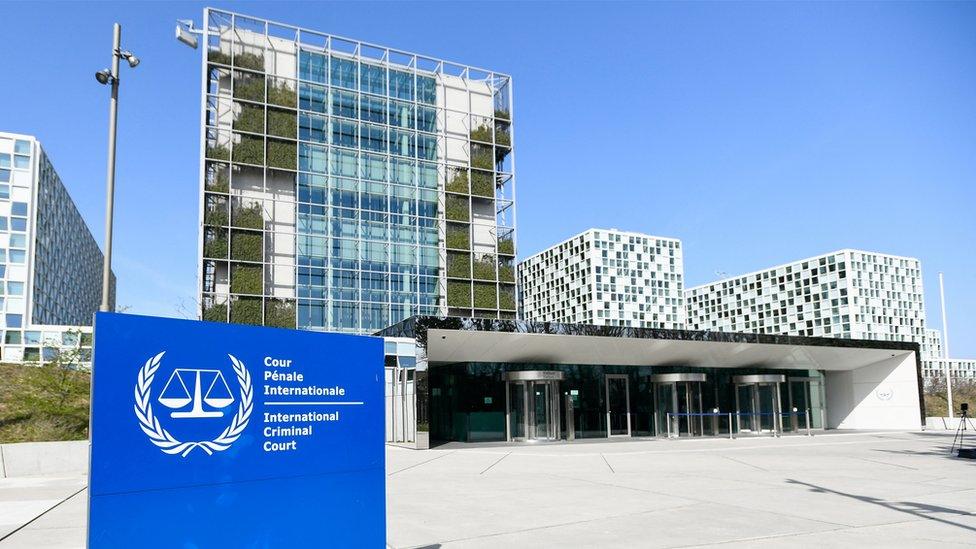
- Published29 February 2020
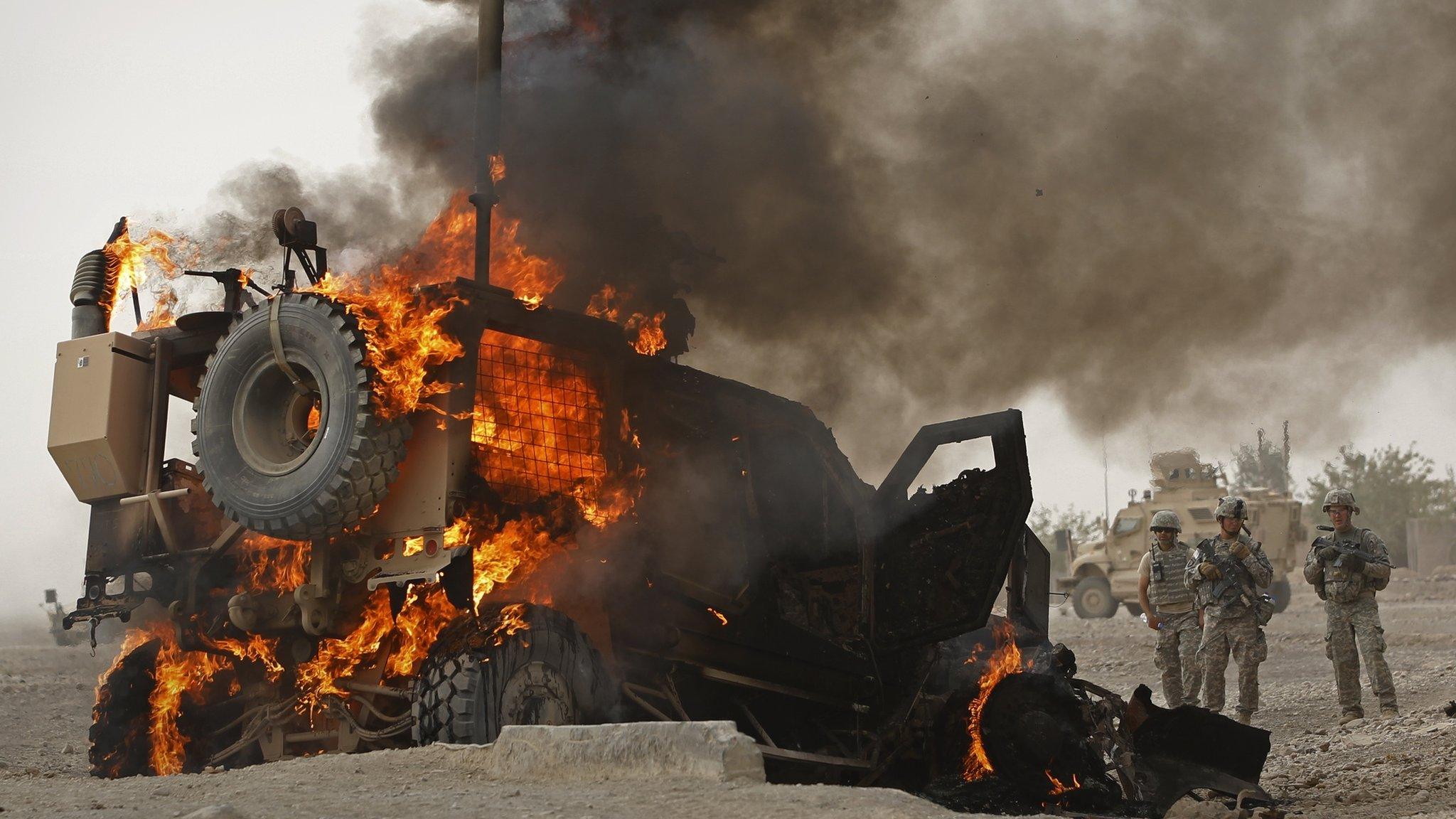
- Published30 August 2021
